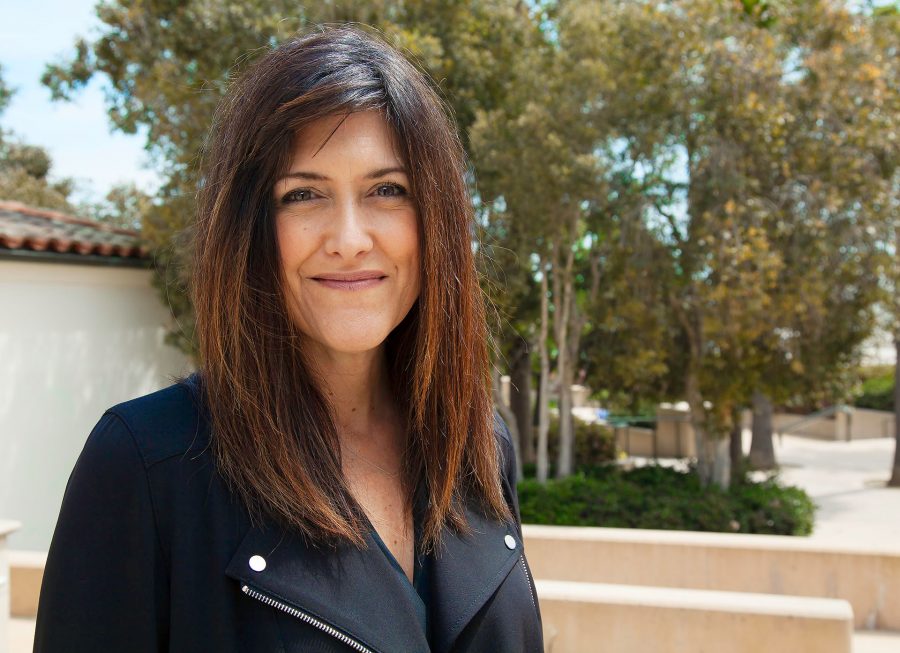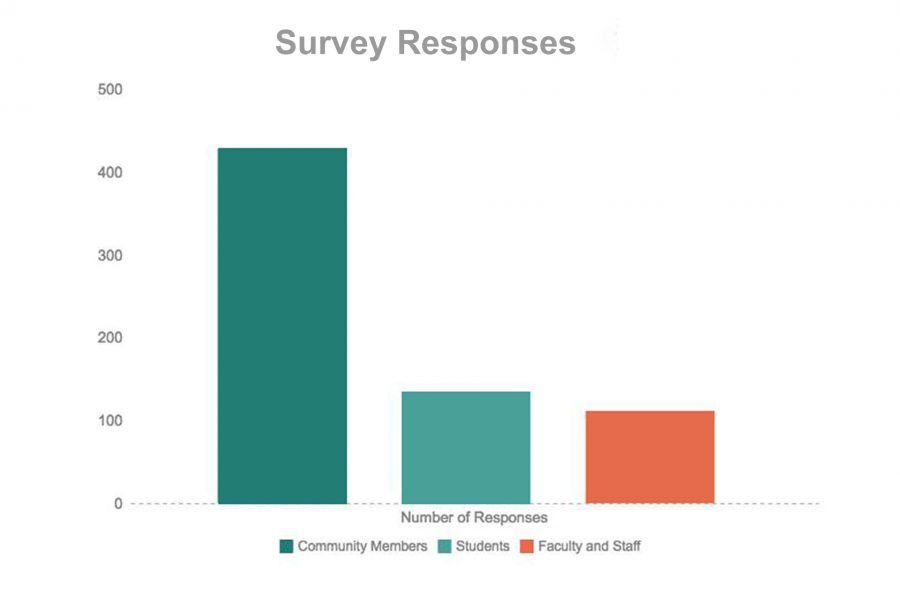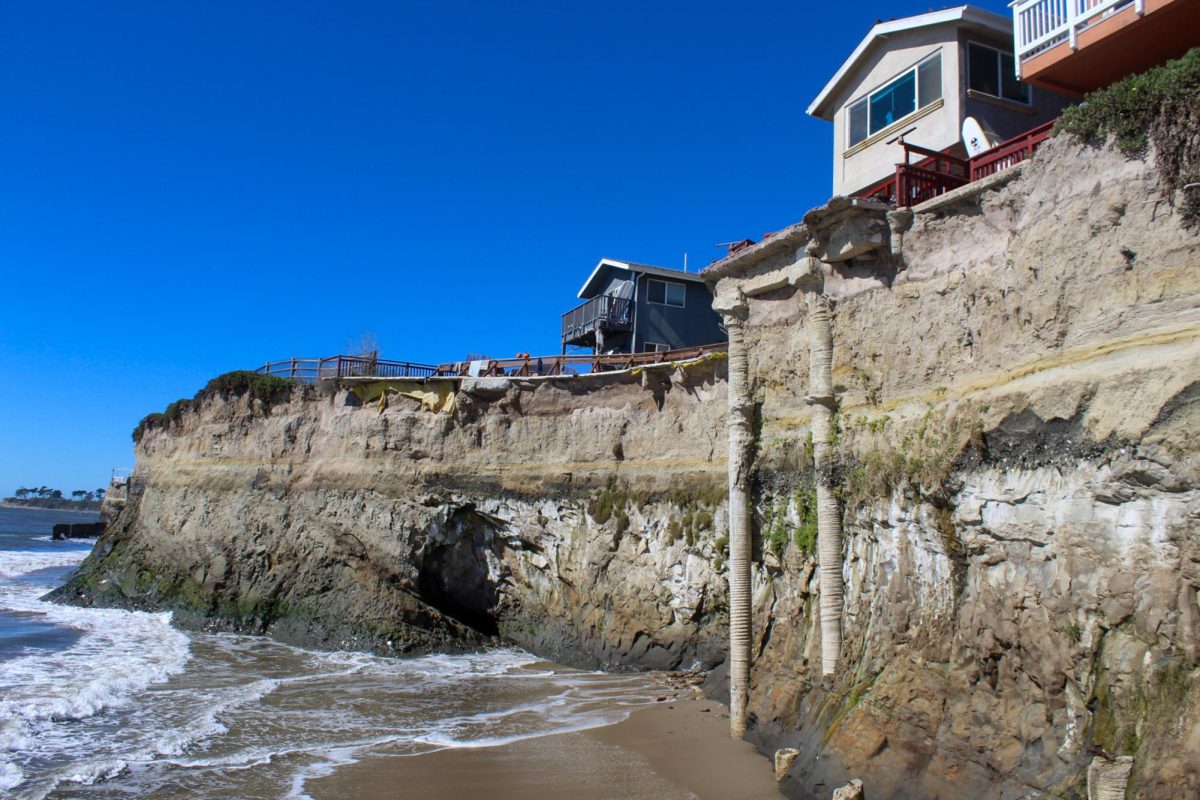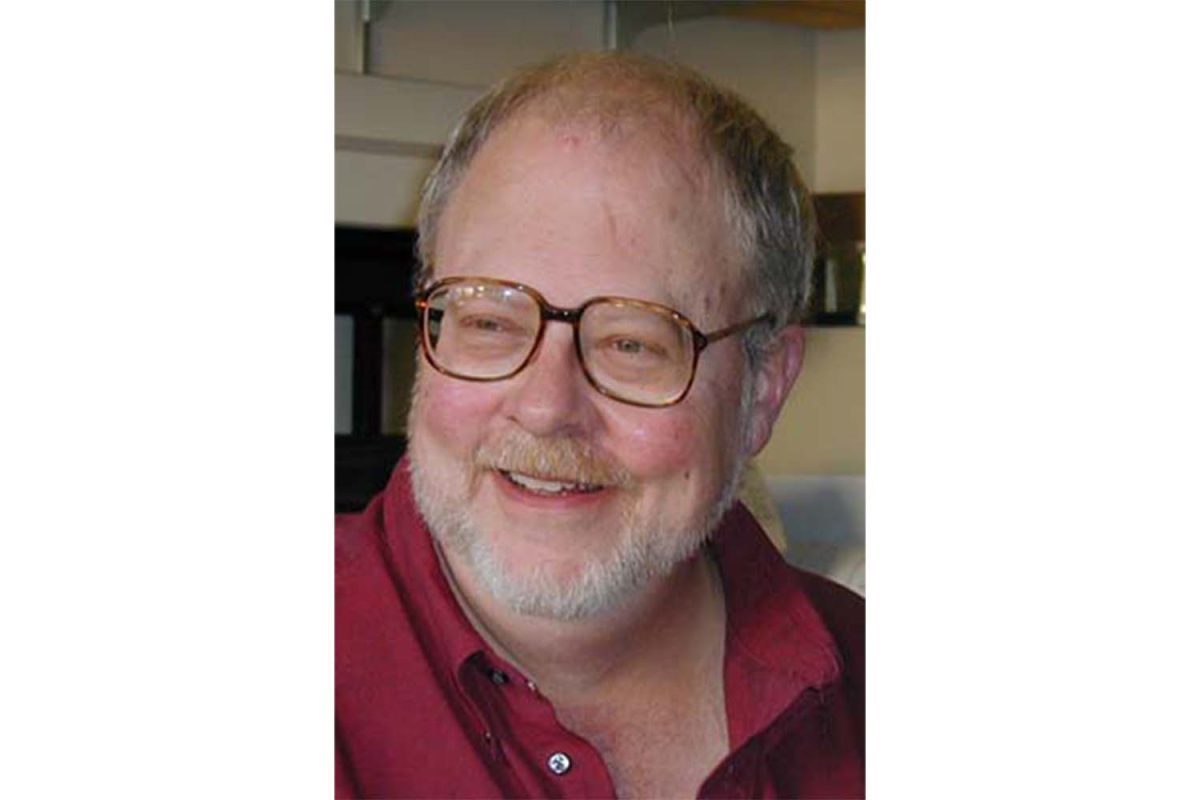Some members of the Board of Trustees, as well as the Superintendent-President, are worried about the growing number of requests for reports demanded before meetings.
On the other hand, other members don’t think it’s enough.
Over the last few months, board members have made significantly more requests for background information and reports than what’s been done before.
This has caused a lot of extra work before the meetings and has taken time away from other tasks. Superintendent-President Dr. Andreea Serban has questioned the process.
“It’s not quite practical,” Serban said. “Is it worth [it] to take three weeks of staff work to get information just to satisfy one board member?”
Therefore, she thinks it would be better if the board, as a whole, make a joint request for certain documents that will be brought to the meetings.
“I’m happy to help with simple requests,” Serban said. “But for larger requests it’s better to bring to the board to discuss if it’s worth it.”
Trustee Marsha Croninger sees it another way.
“Why should we be different from members of the public,” she asked. “Anyone can come in and ask for existing documents. So should we.”
Serban’s suggestion that larger requests be brought up to the board first worries
Croninger, who thinks it will take up too much time.
“I’m concerned about the delay,” Croninger said. “If we spend a month talking about it we will lose that month. We need to get the information.”
Trustee Lisa Macker also thinks it’s worth the extra work.
“I need this as a new trustee,” Macker said. “It needs to take time so I can do my job.”
During a discussion at a board study session on Thursday, this topic was brought up again during the discussion of preparations for the tentative budget that will be made later this spring.
Macker submitted questions about costs and possible savings. But instead of being presented at the study session, the questions were discussed during the meeting and to be brought up at the next meeting on March 24.
Discussing complex issues like this first, rather than spending time in advance, seemed to be the general idea from some of the board members.
But Croninger feels a need to have plenty of time to read the topics as soon as possible to be able to make qualified decisions.
“We might not have [all the information] when it’s time to vote,” Croninger said. “It is important to have the information instead of discussing getting the information.”











